[caption id="attachment_1003727155" align="aligncenter" width="454"]
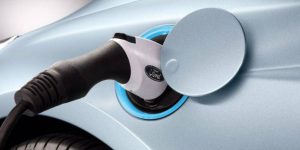 MGX sees energy-dense lithium-ion batteries with silicon anodes on the horizon. (Image: Ford Motor Co.)
MGX sees energy-dense lithium-ion batteries with silicon anodes on the horizon. (Image: Ford Motor Co.)[/caption]
VANCOUVER –
MGX Minerals and its partner the
University of British Columbia has completed the first phase of work to create next-generation lithium-ion batteries capable of quadrupling energy density up to 400 Wh/kg from the current 100 Wh/kg.
The first phase of work involved a baseline assessment of metallurgical silicon from MGX’s three projects in southeast British Columbia.
The second phase of work, now underway, will focus on developing a scalable process to upgrade metallurgical silicon and turn it into silicon anodes. The use of silicon anodes – rather than graphite as is now customary – is responsible for higher energy density in the batteries. Better batteries could find uses in electric vehicles, grid storage, telecommunications, wireless sensors and more, says MGX.
The two-year MGX-UBC research program has an initial goal of creating a hybrid silicon-graphite anode that will not require industry retooling. The ultimate goal is to create the next generation of energy-dense lithium-ion batteries.
Click here to learn more about MGX’s silicon properties in B.C. or visit
www.MGXminerals.com.
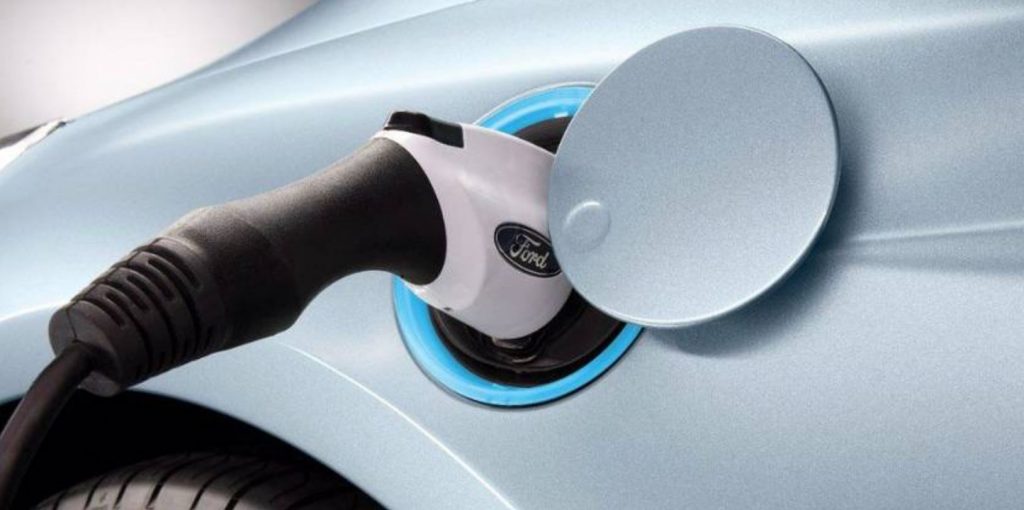
 MGX sees energy-dense lithium-ion batteries with silicon anodes on the horizon. (Image: Ford Motor Co.)[/caption]
VANCOUVER – MGX Minerals and its partner the University of British Columbia has completed the first phase of work to create next-generation lithium-ion batteries capable of quadrupling energy density up to 400 Wh/kg from the current 100 Wh/kg.
The first phase of work involved a baseline assessment of metallurgical silicon from MGX’s three projects in southeast British Columbia.
The second phase of work, now underway, will focus on developing a scalable process to upgrade metallurgical silicon and turn it into silicon anodes. The use of silicon anodes – rather than graphite as is now customary – is responsible for higher energy density in the batteries. Better batteries could find uses in electric vehicles, grid storage, telecommunications, wireless sensors and more, says MGX.
The two-year MGX-UBC research program has an initial goal of creating a hybrid silicon-graphite anode that will not require industry retooling. The ultimate goal is to create the next generation of energy-dense lithium-ion batteries.
MGX sees energy-dense lithium-ion batteries with silicon anodes on the horizon. (Image: Ford Motor Co.)[/caption]
VANCOUVER – MGX Minerals and its partner the University of British Columbia has completed the first phase of work to create next-generation lithium-ion batteries capable of quadrupling energy density up to 400 Wh/kg from the current 100 Wh/kg.
The first phase of work involved a baseline assessment of metallurgical silicon from MGX’s three projects in southeast British Columbia.
The second phase of work, now underway, will focus on developing a scalable process to upgrade metallurgical silicon and turn it into silicon anodes. The use of silicon anodes – rather than graphite as is now customary – is responsible for higher energy density in the batteries. Better batteries could find uses in electric vehicles, grid storage, telecommunications, wireless sensors and more, says MGX.
The two-year MGX-UBC research program has an initial goal of creating a hybrid silicon-graphite anode that will not require industry retooling. The ultimate goal is to create the next generation of energy-dense lithium-ion batteries.
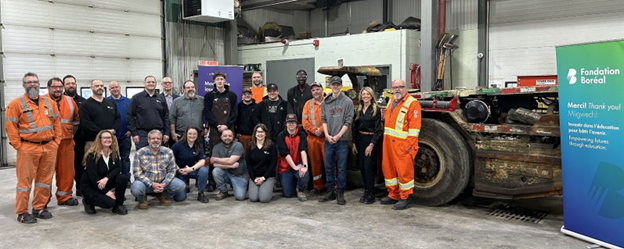
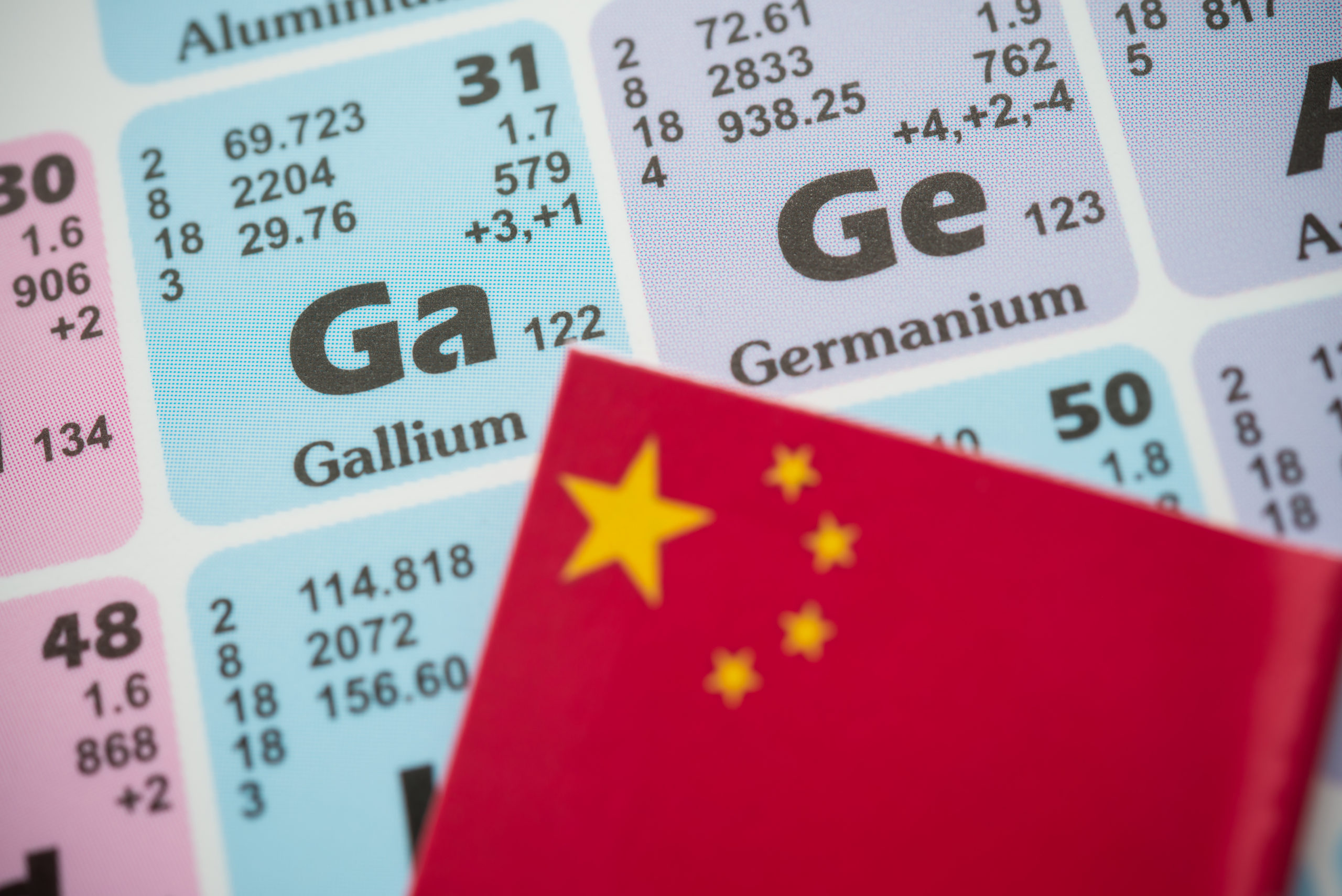
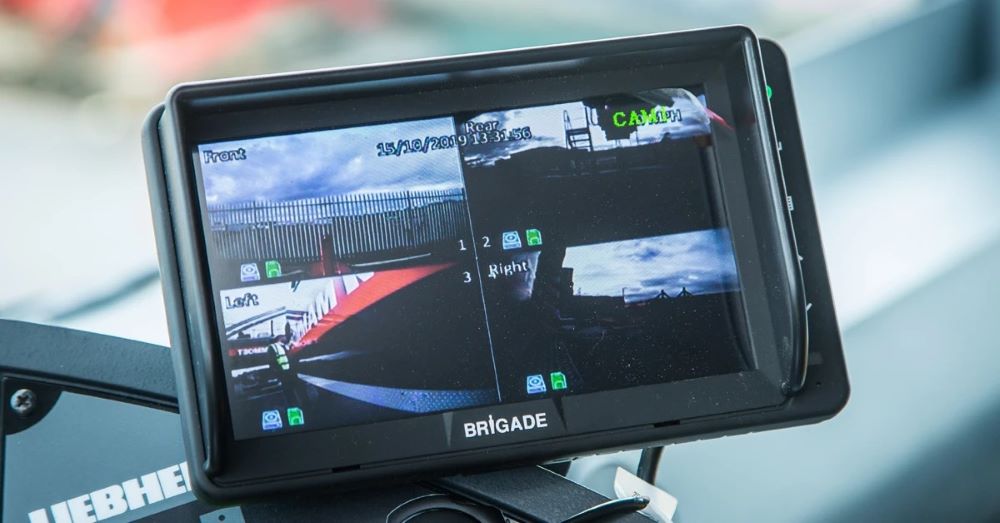


Comments